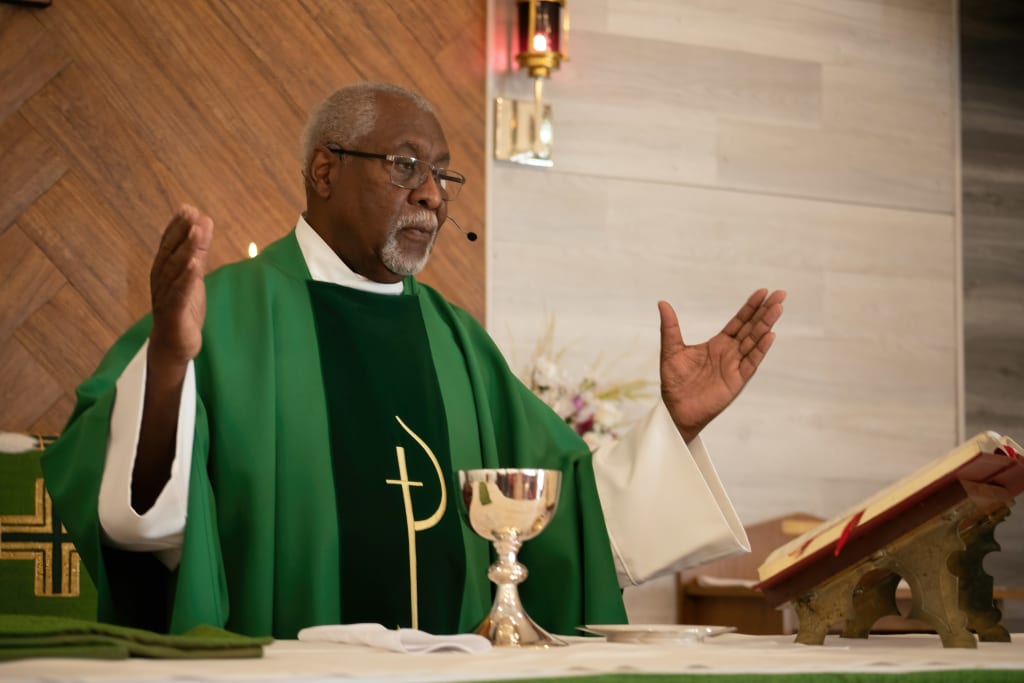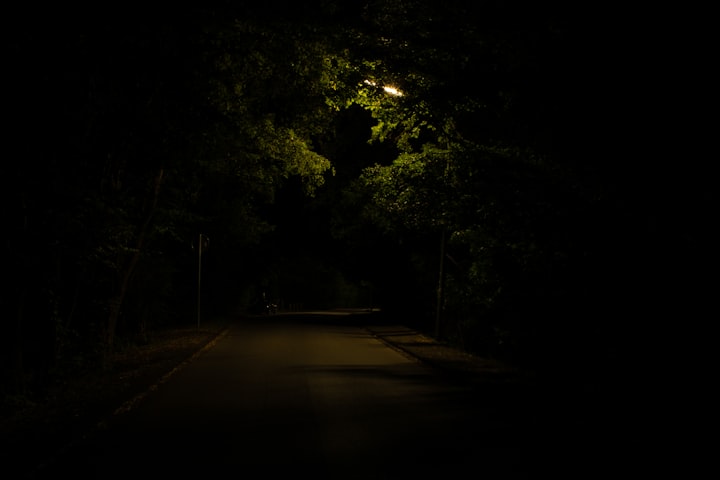When Faith and Medicine Collide: Should Pastors Face Malpractice for Bad Health Advice?
Drawing the line between spiritual guidance and medical negligence

You’re feeling ill and need help, so where do you turn? For many believers, the first stop is not the doctor’s office but the pastor’s door. Seeking their religious leader’s counsel on matters of health is a deeply rooted tradition. But what happens when that spiritual advice causes harm? Does the law have a role to play balancing faith and patient safety?
In tracing this delicate intersection between religion and medicine, courts have been highly reluctant to wade in. Lawsuits accusing pastors and churches of “clergy malpractice” for improper health guidance remain exceedingly rare. And for judges, venturing into adjudicating faith-based claims raises thorny ethical and constitutional dilemmas.
Yet there are also growing calls for accountability when pastoral advice clearly crosses into dangerous territory. While upholding religious freedoms, must we also draw a line somewhere to protect patients?
This tension lies at the heart of an intensifying legal debate. Cases emerge periodically of pastors urging congregants to spurn essential treatments like chemotherapy or life-saving blood transfusions. Some tragically pass away after following misguided spiritual counsel. While each situation is unique, they illuminate a troubling gray area where religion and health intersect.
Many argue that holding clergy liable for how they interpret scripture would inappropriately entangle the law with religious doctrine. Courts are rightfully wary of playing referee on spiritual matters. And without extensive theological training, how can a judge determine if advice aligns with a faith’s teachings? Blindly imposing external standards risks infringing on religious liberties.
Yet unfettered authority for pastors to dispense medical counsel also feels untenable. Total deference means patients have little recourse when guidance clearly contradicts established science, medicine, and common sense. And when advice results in clear harm or death, it’s reasonable to ask whether clergy should enjoy blanket immunity. Without safeguards for parishioners’ welfare, grave abuse can flourish unchecked.
There are no perfect answers in balancing these colliding interests. While pastors play a vital supportive role, they cannot replace doctors as primary healthcare providers. Perhaps a key distinction lies between offering general spiritual encouragement versus giving specific medical instruction contradicting a physician’s orders. In the latter situation, consequences for negligent counsel may be warranted in egregious cases.
Crafting a narrowly-tailored system to remedy only the most harmful guidance may be judiciary’s greatest challenge. Standards likely can’t depend on the advice itself, which requires interpreting religious doctrine. But accountability can still focus on tangible injuries and damages if patients can show they reasonably relied on and followed unsafe counsel. It’s a nuanced tightrope, but not necessarily an impossible one to walk.
At its core, this debate reveals the complexity surrounding faith and medicine - two profoundly meaningful forces in life. With compassion and care on all sides, workable solutions balancing religious freedom and patient welfare can emerge. But open communication and transparency remain key. Pastors should be upfront on advising only from a spiritual, not medical, perspective. Doctors must also sensitively address patients’ faith-based preferences. And patients should never feel pressured or judged in making personal health decisions guided by their beliefs.
With understanding and clarity, we can find the humanity in this challenge. But when lives are on the line, faith leaders have a profound duty of care. Spiritual guidance should lift us up, not place us in harm’s way. While rarely clear cut, that vital moral compass must continue lighting the path forward.
About the Creator
NII LANTEY PARKER
I am dedicated wordsmith with an insatiable appetite for knowledge. Crafting captivating articles across diverse topics. Join me in exploring the world through the art of words.🌍📖






Comments
There are no comments for this story
Be the first to respond and start the conversation.